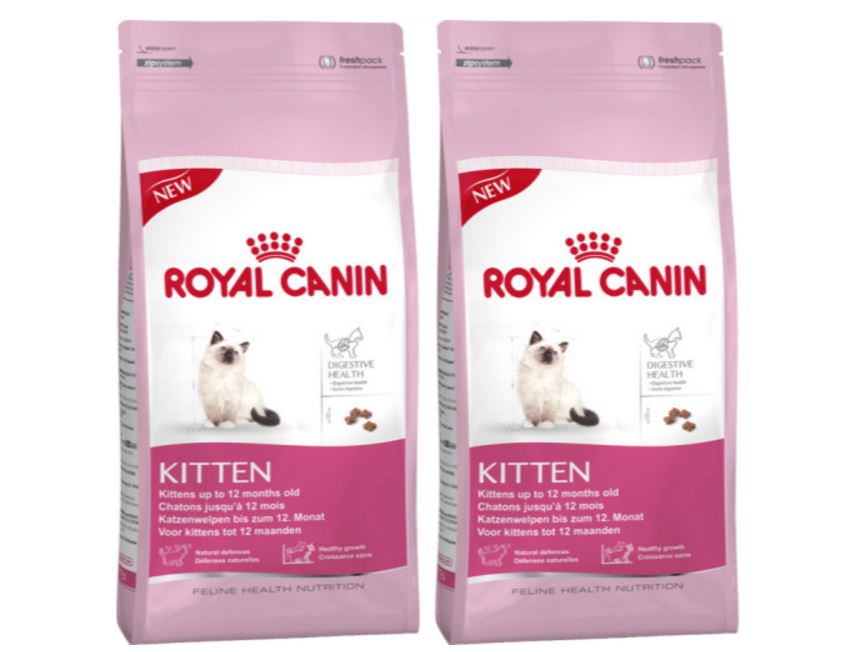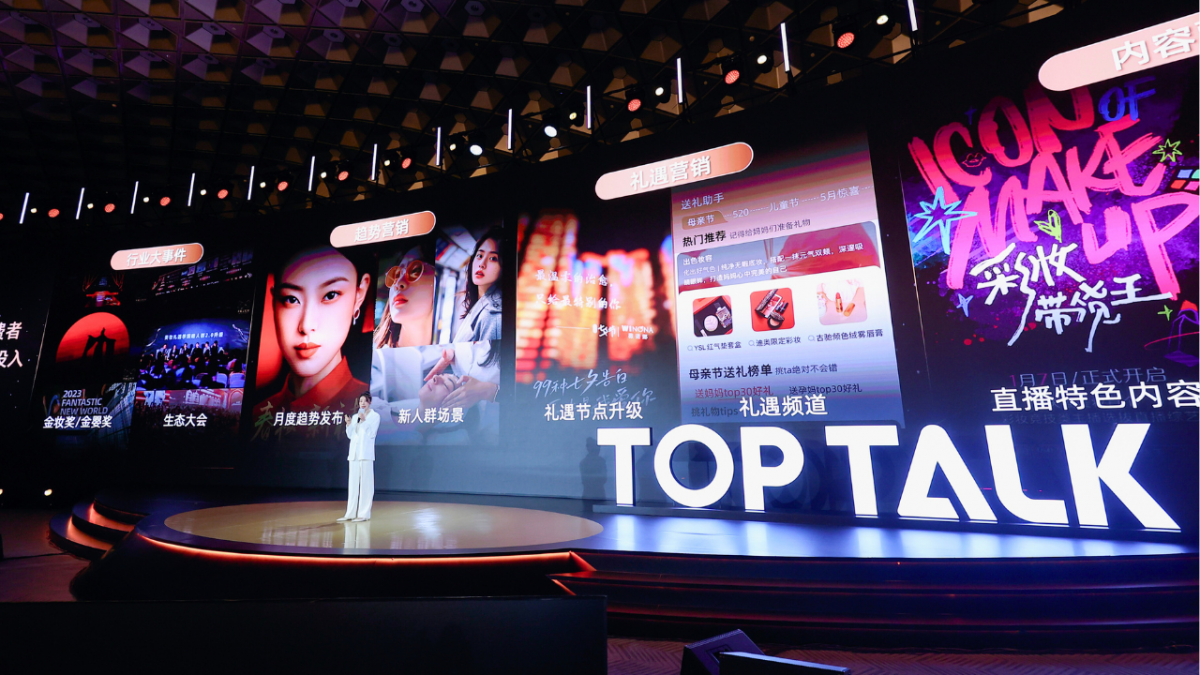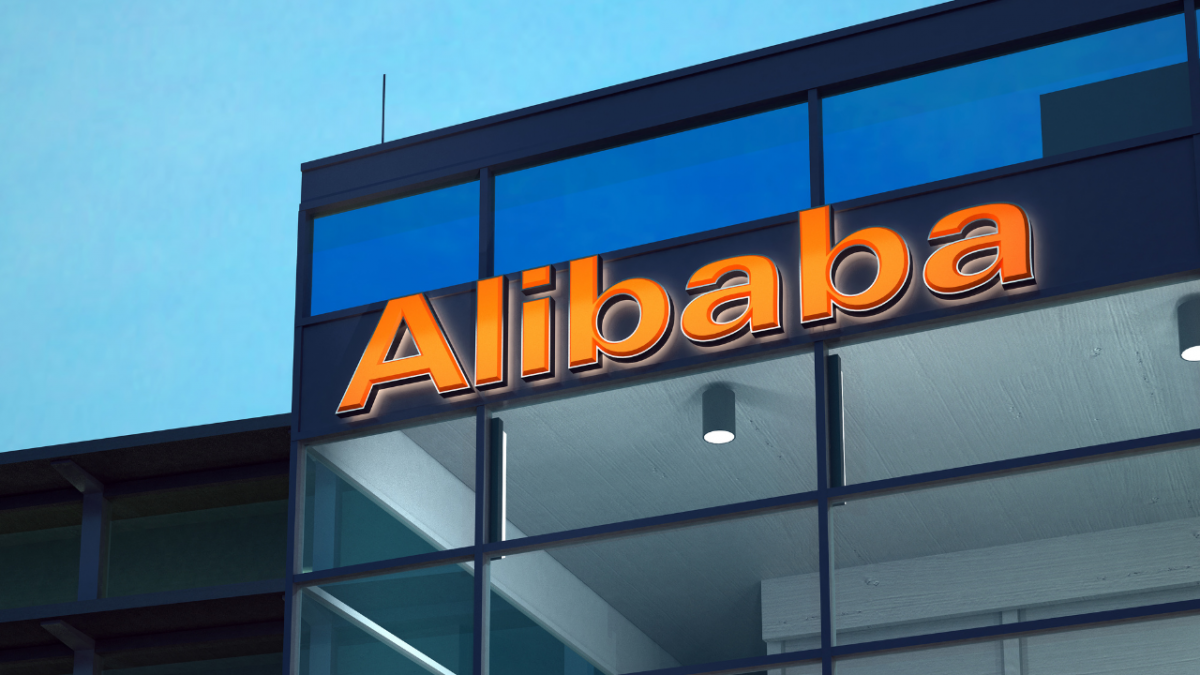
A pet-food vendor indicted for selling counterfeit cat food on Taobao, China’s largest online marketplace, was found guilty of defamation against Alibaba Group this week, the Chinese technology giant announced on Thursday.
The decision marks alegal victory for Alibaba as it continues brand-protection efforts to ensure that the products on its site are genuine, safe and compliant with relevant intellectual-property laws.
After a five-month legal battle, a court in Shanghai published its verdict on the civil lawsuit, ordering the defendant, surnamed Yao, to pay Taobao RMB 120,000 in damages.
Yao’s arrest came as the result of a joint investigation between Alibaba and Mars Inc., which owns “Royal Canin” cat food brand. In the March 3 lawsuit, Taobao said Yao had broken several of the trading platform’s regulations prohibiting the sale of counterfeit merchandise, which caused reputational damage to the platform. Taobao had sought RMB 2.76 million in damages to compensate for its direct and indirect economic losses, loss of goodwill and legal fees.
The suit was the second civil action lodged by Alibaba this year in its efforts to ensure the products on its platforms are genuine, following a January case against two fake Swarovski watch sellers on Taobao. Alibaba has sued the two vendors for selling alleged knock-offs of Swarovski watches, seeking RMB 1.4 million in damages for “violation of contract and goodwill.”
“Winning the first lawsuit [against Yao] has made Alibaba more confident in our crackdown on counterfeit merchants,” said the group’s Chief Platform Governance Officer Jessie Junfang Zheng. “We plan to put all the proceeds we receive [from lawsuits] to a special fund dedicated to protecting and compensating our consumers.”
Jack Ma in March issued a public appeal for the stiffening of counterfeit laws and penalties, highlighting that among the 4,495 suspected counterfeit sellers (with annual sales for each topping RMB 50,000) detected in 2016, only about 30 cases were indicted by Chinese law enforcement authorities while only 46 sellers were placed on probation.
Ma called directly on China’s government to ramp up efforts to address the problem, urging for counterfeits to be tackled in the same way as drunk driving.
“If, for example, we imposed a seven-day prison sentence for every fake product sold, the world would look very different both in terms of intellectual property enforcement and food and drug safety, as well as our ability to foster innovation,” he wrote.
In the face of this challenge, Alibaba has filed civil cases—in addition to criminal actions brought by Chinese law enforcement agencies—against three merchants earlier this year. These actions against the two sellers of fake Swarovski watches and a merchant selling fake Wuliangye spirits, a popular Chinese liquor brand, remain ongoing.




